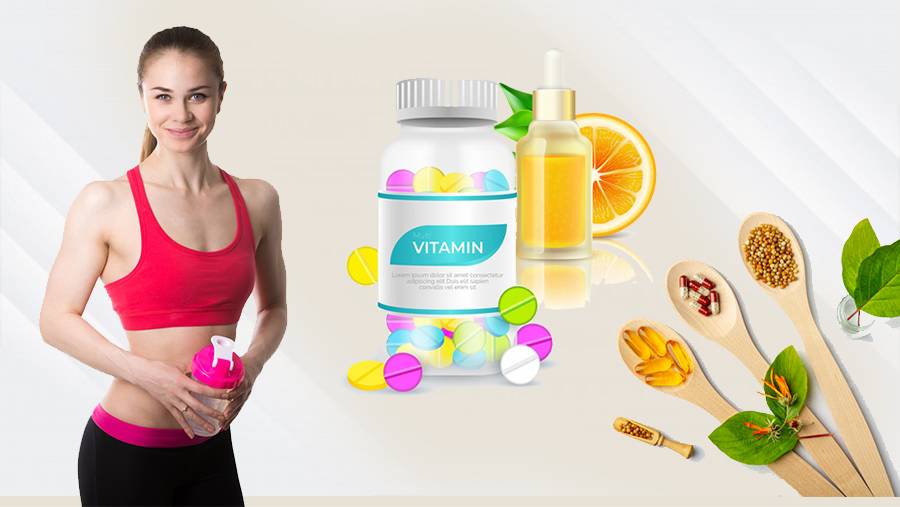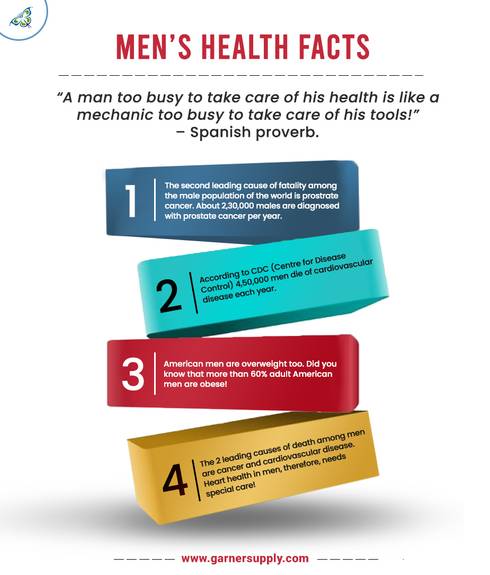
Hello
Select Address

Supplemental nutrition is all sorts of dietary additives aimed at providing essential nutrients required by an adult body. Supplements are affordable and are packed with vitamins, minerals, proteins, and enzymes; they are available in a variety of forms – tablets and capsules, powders, energy drinks, and bars.
However, before you buy supplemental nutrition, remember supplements are not designed to be a replacement for food. It is important to follow a healthy diet and consult with your doctor about which nutrients you lack in particular and what supplements should be included for your overall wellness.
Who needs supplemental nutrition?
If you generally have a good diet comprised of the right amount of nutrients from a wide range of food items including green vegetables, fruits, whole grains, lean meat, and fish and dairy products, it is most likely that you do not require supplements. Supplements are required in special situations like pregnancy, post-sickness, and at times when essential nutrient levels are not met.
Certain special cases require a supplement or fortified food:
Common causes of nutritional deficiency:
Six – Scientifically endorsed essential supplements:
1. Fish Oil – One of the essential nutrients people miss out on is Omega 3 fatty acids naturally available in oily fish. Omega 3 is essential for brain and cardiac health but is not naturally produced by the body. It can be either obtained through food or supplements.
2. Vitamin D – 70% of the population of America lacks adequate amounts of ‘sunshine vitamin’. Vitamin D absorbs calcium from the intestines and improves bone health; diminishes the chances of malignancies and cancerous diseases. Nutritionist guidelines recommend 600-800 IU of vitamin D which can be obtained from supplements.
Did you know? Apart from being the sunshine vitamin, Vitamin D is an essential factor of a man's testosterone levels. Men can suffer from various health issues like low metabolism, sleep apnea, reduced libido due to lack of Vitamin D.

3. Calcium – Huge amounts of vitamin D cannot safeguard your bones unless backed with an essential amount of calcium. Most of the calcium is obtained from dairy products and its deficiency triggers the risk of osteoporosis in women. However, men must avoid too many calcium supplements for an increased risk of prostate cancer.
4. Vitamin B12 – Vitamin B12 is found in animal products such as fish, poultry, and milk which may not be enough for the body. Supplements of Vitamin B12 reduce the risk of heart disease and improve mental health. Deficiency of B12 in the diet may cause poor memory power, dementia, and poor bone health.
5. Protein – Most people acquire the required proportion of protein from their daily meal of animal-based food. Some people with a restricted diet lack the essential protein thus depend upon protein supplements. Protein supplements help accelerate weight loss by boosting metabolism and reducing hunger pangs.
6. Probiotics – Probiotics are the ‘good’ bacteria of our body. Their main function is to absorb essential nutrients from our digestive tract and combat infection. Scientific evidence proves that our immune system is directly related to our gut health. Daily intake of probiotics improves gut health and strengthens immunity. Probiotics are available in the form of capsules, drinks, and powders.
What are the Benefits of Supplemental Nutrition?
Supplements are meant to be that ‘extra’ help along with your daily intake of food. Nutrients lacking in your diet or a deficiency caused due to some health disorders can eventually be defeated with supplemental nutrition. For instance, the folic acid supplement has long been useful to pregnant women to reduce the risk of spina bifida.
Are supplements good for health?
As previously mentioned, these are supplements, not essential food replacements. Supplements are supposed to meet your nutritional deficiencies. If you are having a proper and complete diet and still facing deficiency, this is when you need supplements. Supplements prove beneficial to people actually facing deficiency.
What are the risks of supplemental overdose?
There is a long list of risks from a supplemental overdose, therefore, randomly intaking nutrition supplements is not a smart move. It is prudent to consult with your health care provider, get some tests done to analyze your deficiencies and then start taking supplements for your good health.